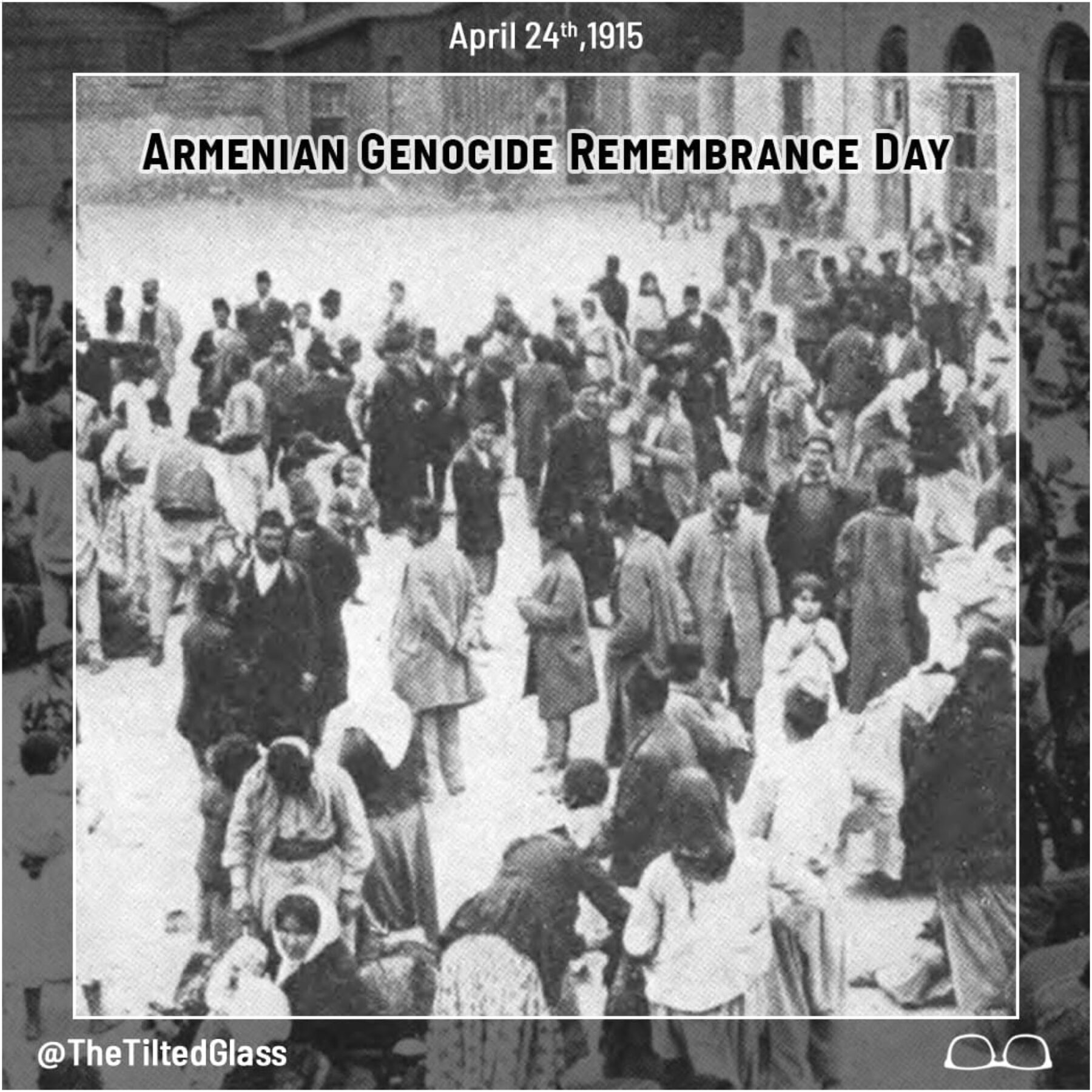Honoring Armenian Genocide Remembrance Day - April 24th
Apr 24, 2018
In Photo: Armenians ordered by the authorities to gather in the main square of the city to be deported. The crowd was eventually massacred.
The Armenian Genocide, also known as the Armenian Holocaust, was the Ottoman government's systematic extermination of 1.5 million Armenians, mostly citizens within the Ottoman Empire and its successor state, the Republic of Turkey.
The starting date is conventionally held to be 24 April 1915, the day that Ottoman authorities rounded up, arrested, and deported from Constantinople (now Istanbul) to the region of Ankara 235 to 270 Armenian intellectuals and community leaders, the majority of whom were eventually murdered.
The genocide was carried out during and after World War I and implemented in two phases—the wholesale killing of the able-bodied male population through massacre and subjection of army conscripts to forced labour, followed by the deportation of women, children, the elderly, and the infirm on death marches leading to the Syrian Desert. Driven forward by military escorts, the deportees were deprived of food and water and subjected to periodic robbery, rape, and massacre.


